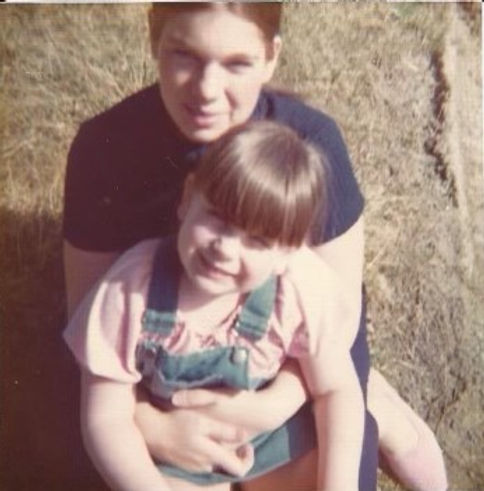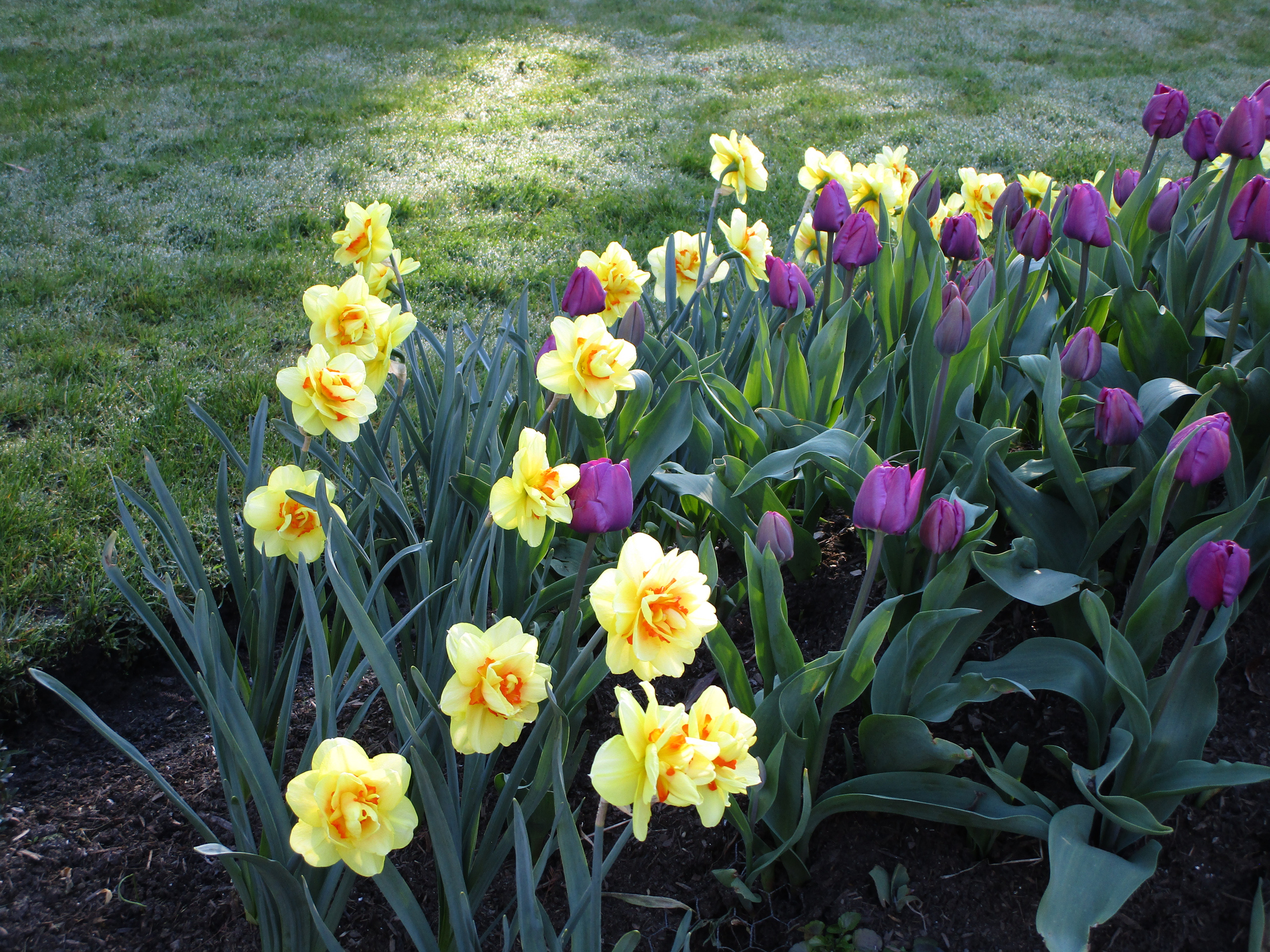The cliche, “There’s a teacup for every saucer” has always been personal to me. It invariably makes me think of my parents and what an extreme mismatch they were.
My mother Miriam was a once beautiful, floral patterned fine china saucer. Her edge, long ago a shiny, regal gold was scratched and chipped. My father Chuck was a beige, utilitarian teacup with an enormous crack down the side. His one purpose in life was to sit atop my mother, keeping her down and hiding her glory.
This I know is true: the wrong man can ruin a woman’s life. I’m not here to debate that statement or my status as the unapologetic feminist who made it. My dystopian upbringing is the evidence.
My parents were a nightmare couple from the start. It seemed the only thing they had in common was loneliness and being broken. My father was running from a family legacy of alcoholism, abuse and ignorance.
My mother was running towards a twisted sense of freedom and security. She had lost the anchor in life when her parents died in car accidents within six months of each other. When she went to live with her Aunt Helen and Uncle Eddie in high school, she found a very different style of parenting.
Where my Grandma Betty was kind and compassionate, Aunt Helen was strict and firm. That didn’t leave a lot of room for my mother, an artistic and sensitive soul, to be herself.
My parents met in a bar, much to Aunt Helen’s chagrin. It was after college, and my mother was living with her aunt and uncle until she could afford a place of her own. She was working as a set designer at Mr. Rogers Neighborhood for WQED, the local PBS affiliate in Pittsburgh.
One night after work, she was at a bar with a girlfriend when my father walked up and said, “Which of you lucky ladies is coming home with me tonight?”
My mother rolled her eyes and said, “Oh, please.”
But my dad’s cheesy pickup line obviously worked. Three months later, my mother was pregnant with me. In addition to being broken, they had me in common as a problem to be dealt with.
Like any couple dealing with an unexpected pregnancy, Miriam and Chuck debated their options. They talked about abortion (too Catholic), adoption (too hard) and finally settled on staying together and raising me. My dad invited my mom to come to Virginia to live with him. He had recently returned from two tours in Vietnam and was finishing out his time in the Army in Virginia.
He promised that once my mom arrived, they’d go to a justice of the peace and get married. He ended up stringing my mom along for months. It wasn’t until she packed her bags to leave him that he relented and married her.
Violent arguments dominated my earliest childhood recollections. Most of these usually ended with my father punching holes in the wall, leaving or brooding by the record player for hours.
In the early days, my dad physically abused my mother. He gave her a black eye once and only once. She told him that if he ever did it again, she’d leave with me and set the house on fire while he slept. For some reason, he believed her.
Still, that didn’t stop him from losing his temper and stomping on her foot a few years later. She limped for months. When people asked what happened, she lied and said she dropped a 2-liter bottle of soda on it.
There’s one fight that stands out in my mind. My parents yelled and threw things while I crouched, scared and crying in the corner. Glen Campbell’s song By the Time I Get to Phoenix aptly played in the background. My dad told my mom he was done, and he was leaving for good this time. He packed a bag with much fanfare and walked out the door. Unlike with his usual histrionics, he didn’t come home right away.
He called my mother late that night and said he was in Ohio. He asked if she wanted him to come home. With tears streaming down her face, she said yes. Even as a child of three or four, I knew enough to be disappointed in her for caving to his petulant manipulation.
My father out-kicked his coverage. In his bones, he knew it. My mother was beautiful, outgoing and brilliant. She had an ease about her that attracted people to her like the warmth of the sun. My dad was introverted and insecure with a sizable chip on his shoulder. People often described him as intimidating.
One of the benefits of being the oldest kid is remembering your parents at their prime. I’d be lying if I said my parents were never in love. They were. I remember the first few years of their marriage when they had fun with each other.
In those days, they actually touched, hugged and held hands. Sometimes, if they were in the mood, and the right slow song came on, they danced in the living room of our little apartment.
But at some point, their affection was over-taken by hardship. A lack of money became the focal point of their relationship. My twin brothers were born five years after me, and that really made things hard.
By that time, my father was going to graduate school at West Virginia University. Having been rejected from law school, he had set his sights on being a professor of political science.
Meanwhile, my mom was the breadwinner for our family. My dad never asked her if she wanted the role. In our household one thing was always clear: his dreams mattered. No one else’s did.
My mom worked as a graphic designer at the university’s television station. She enjoyed her job and her co-workers but loathed her boss, Bill. Bill took great pleasure in harassing my mom daily. He knew she needed the job, and he relished demeaning her at every turn. Her life was defined by abuse, both at work and at home. I have no idea how she endured it.
My father was like her pimp, hounding her daily about money and how she was going to pay the bills — with three small kids strapped to her back, no less.
Like any good pimp, he was also irrationally jealous. An innocuous comment about laughing at a male co-worker’s joke or a man being polite to her at a grocery store could turn into a marathon verbal bashing about her lack of chastity. My father’s raging jealousy was the only thing that stopped him from pushing her out to High Street to turn tricks. But the effect of his abuse was the same as if he had. My mother felt years older than her age and used.
With every jealous tantrum, I could see my mother’s sunny disposition eroding bit by bit. She was one of those people who glowed, and with each passing day, she glowed a little less. She went out of her way to not talk to men when my dad was around, and she stopped talking about her male work colleagues altogether. Like most abused women, she was walking a frayed tightrope every minute of the day.
My childhood was an education that left indelible marks on my soul, informing how and who I would love and forging my incessant need for total control.




